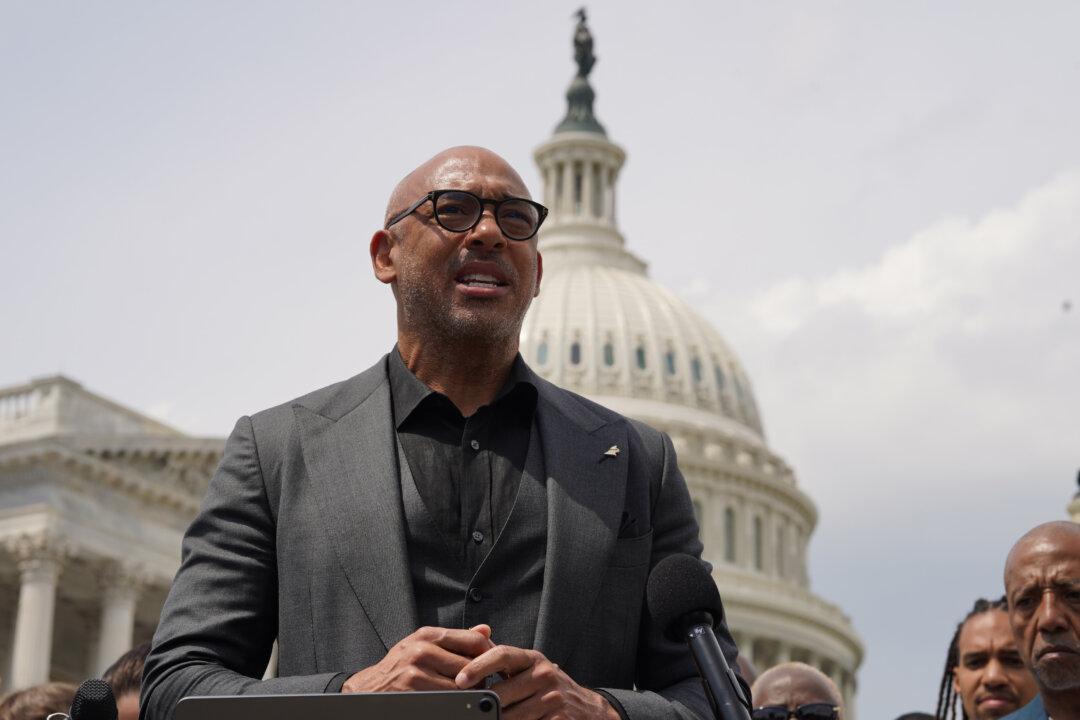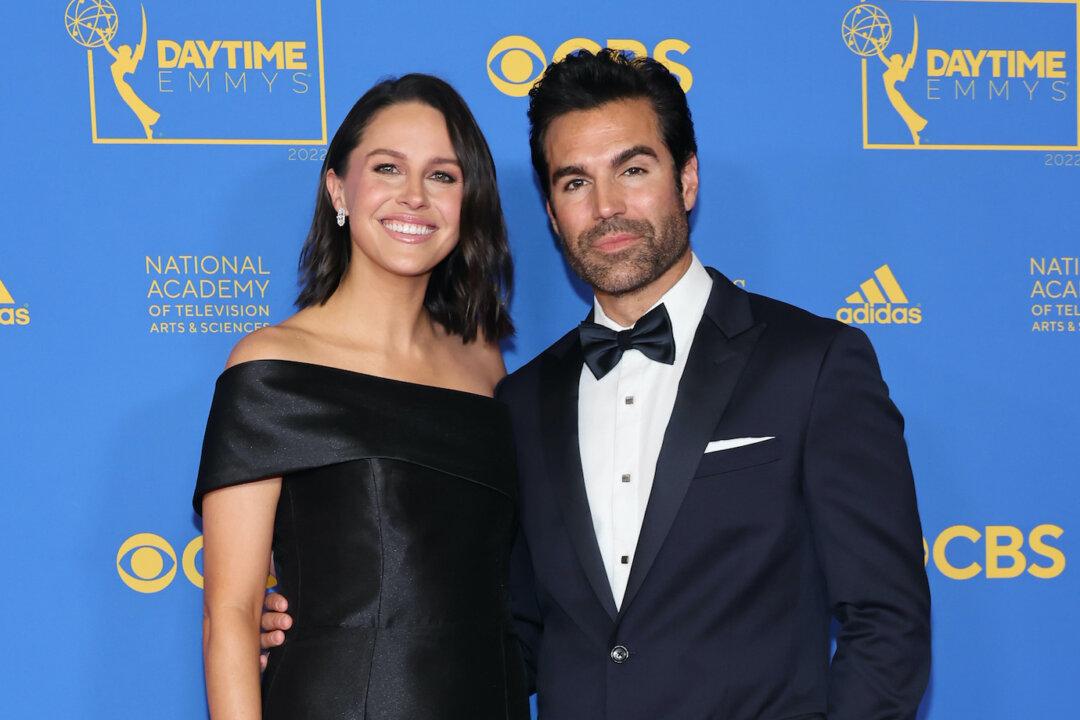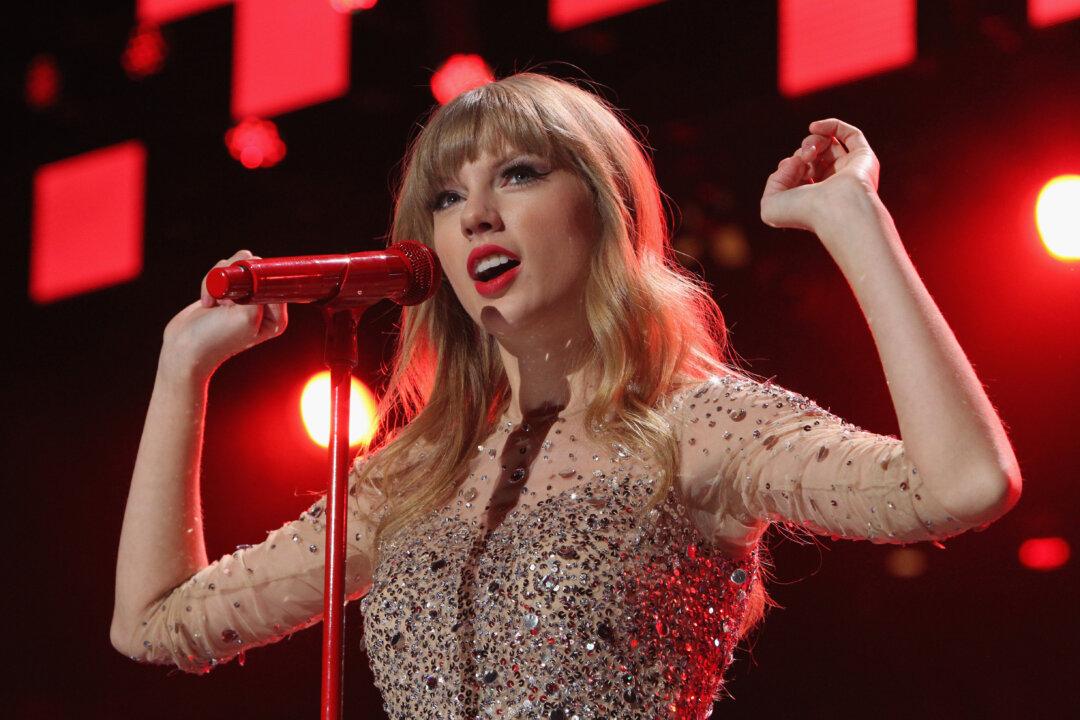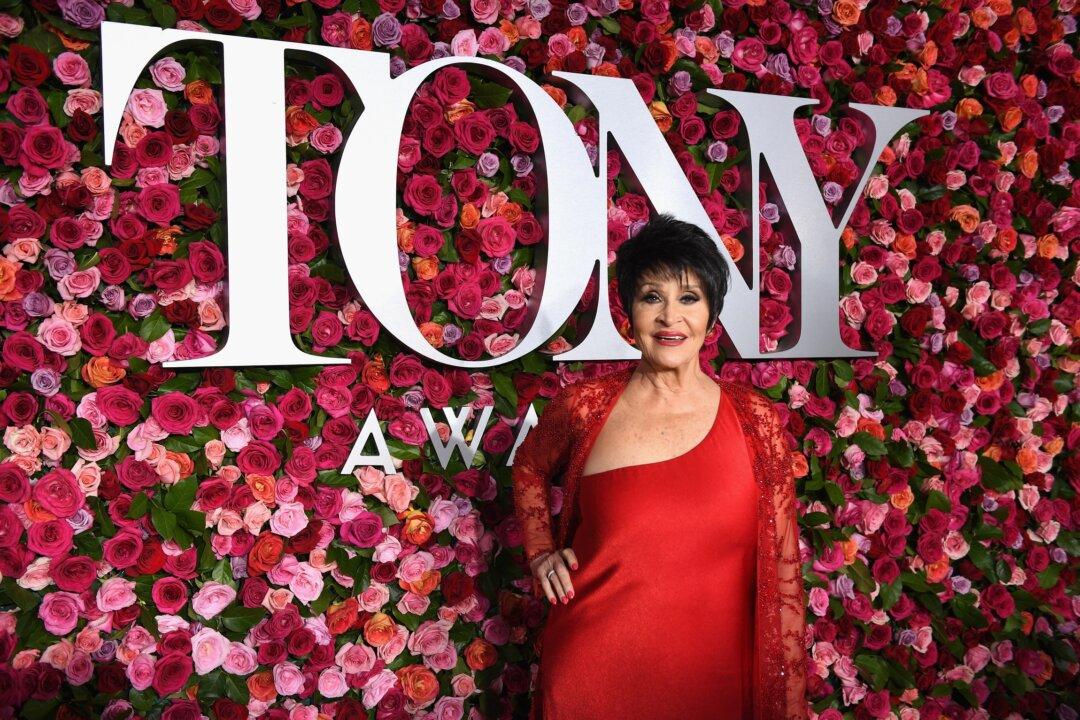As the music industry continues to move forward in the face of rapid technological advances, the Recording Academy has asserted its stance when it comes to the use of artificial intelligence and its role in regard to artists winning the musical award.
That was established in a recent interview given to the Associated Press by Recording Academy CEO and President Harvey Mason Jr. speaking specifically about the rules behind winning a Grammy award and the boundaries for artificial intelligence.





